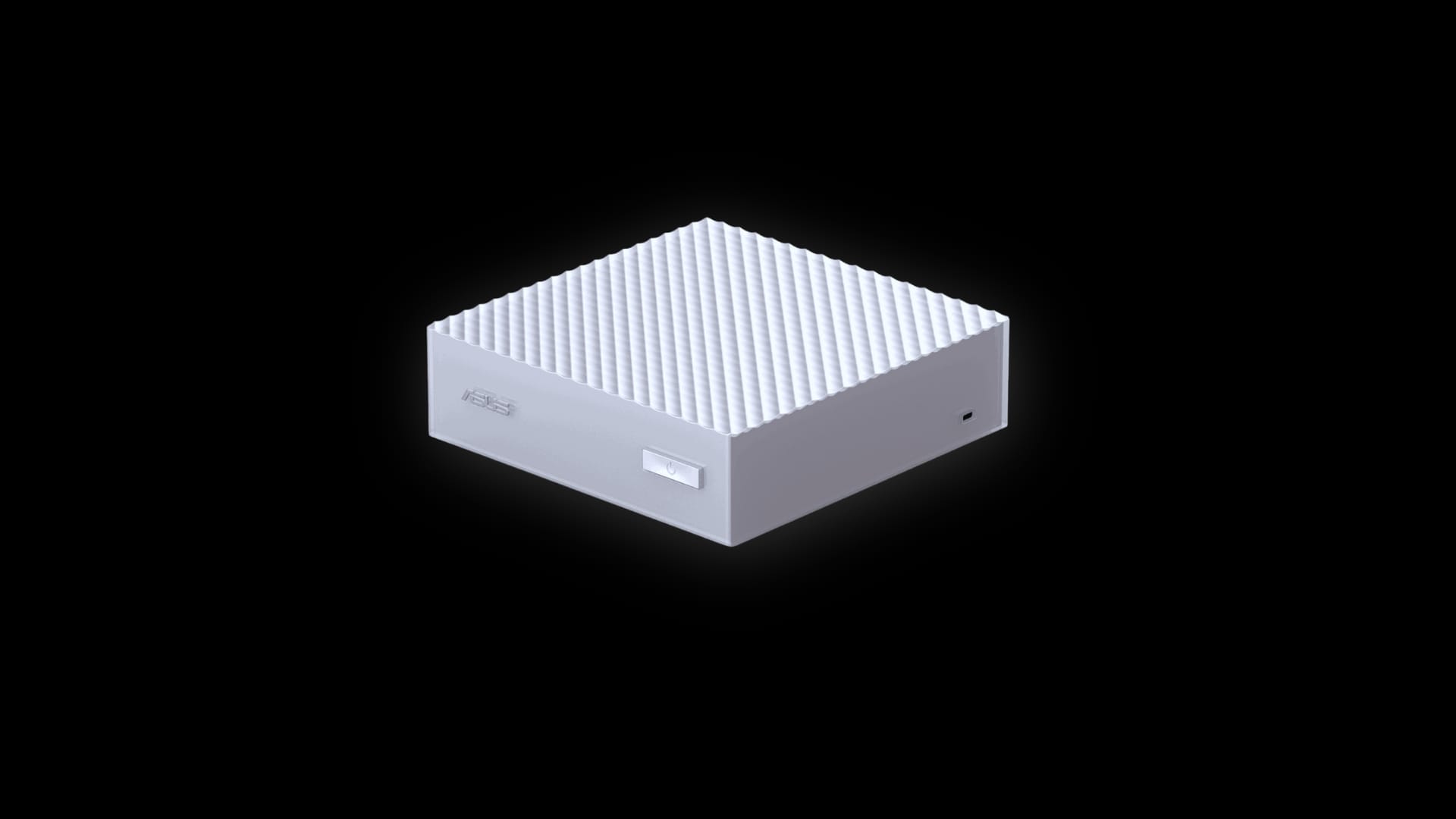ASUS launches Ascent GX10 AI supercomputer powered by NVIDIA Grace Blackwell Superchip
ASUS unveils the Ascent GX10 AI supercomputer, offering petaflop performance and 128GB unified memory in a compact desktop form.

ASUS has unveiled the ASUS Ascent GX10, an AI supercomputer powered by the NVIDIA GB10 Grace Blackwell Superchip, delivering petaflop-scale performance in a compact form. The launch marks a major step forward in providing developers, data scientists, and AI researchers with a powerful yet accessible tool for working with large-scale AI models directly from their desktops.
Table Of Content
As AI models grow in complexity and demand greater computing resources, traditional desktop systems struggle to meet the performance requirements needed for local development, testing, and inferencing. ASUS has designed the Ascent GX10 to address these challenges, offering high processing speeds and large unified memory in a desktop-sized system.
Built for next-generation AI workloads
The ASUS Ascent GX10 delivers up to 1,000 trillion operations per second (TOPS) of AI performance, driven by the NVIDIA Grace Blackwell GB10 Superchip. It comes equipped with 128GB of unified system memory, allowing developers to run, test, and fine-tune models with up to 200 billion parameters. This makes it particularly well suited for managing the demands of modern generative AI models and complex inferencing tasks.
At the heart of the system is the GB10 Superchip, which includes a Blackwell GPU with fifth-generation Tensor Cores and FP4 data format support. It also features a 20-core Grace Arm CPU that boosts data processing and orchestration. The chip architecture uses NVIDIA’s NVLink-C2C technology to create a unified memory model, offering five times the bandwidth of PCIe 5.0.
This combination of powerful GPU and CPU resources makes the GX10 a strong fit for developers looking to iterate quickly and deploy AI applications without relying solely on cloud-based infrastructure.
Flexible setup for local and connected environments
The GX10 can be used as a standalone workstation or configured into a private cloud setup. Developers have the option to connect two GX10 units using integrated NVIDIA ConnectX-7 network interface cards (NICs), effectively doubling their system resources. This linked setup can support even more demanding models, such as Meta’s Llama 3.1 with 405 billion parameters.
With support for FP4 data format and the high memory capacity, developers can fine-tune and run models with up to 70 billion parameters locally. This flexibility allows teams to offload work from data centre clusters, freeing them up for other training or deployment needs.
By using NVIDIA’s AI software ecosystem, developers working on the GX10 can move their models between desktop systems and cloud platforms like NVIDIA DGX Cloud without rewriting code. This smooth transition streamlines development workflows and accelerates time-to-market.
A tool designed for innovation
Speaking on the launch, KuoWei Chao, General Manager of ASUS IoT and NUC Business Group, said, “AI is transforming every industry, and the ASUS Ascent GX10 is designed to bring this transformative power to every developer’s fingertips. By integrating the NVIDIA Grace Blackwell Superchip, we are providing a powerful yet compact tool that enables developers, data scientists, and AI researchers to innovate and push the boundaries of AI right from their desks.”
The ASUS Ascent GX10 is set to be available for pre-order in the second quarter of 2025. Pricing has not yet been announced.
















